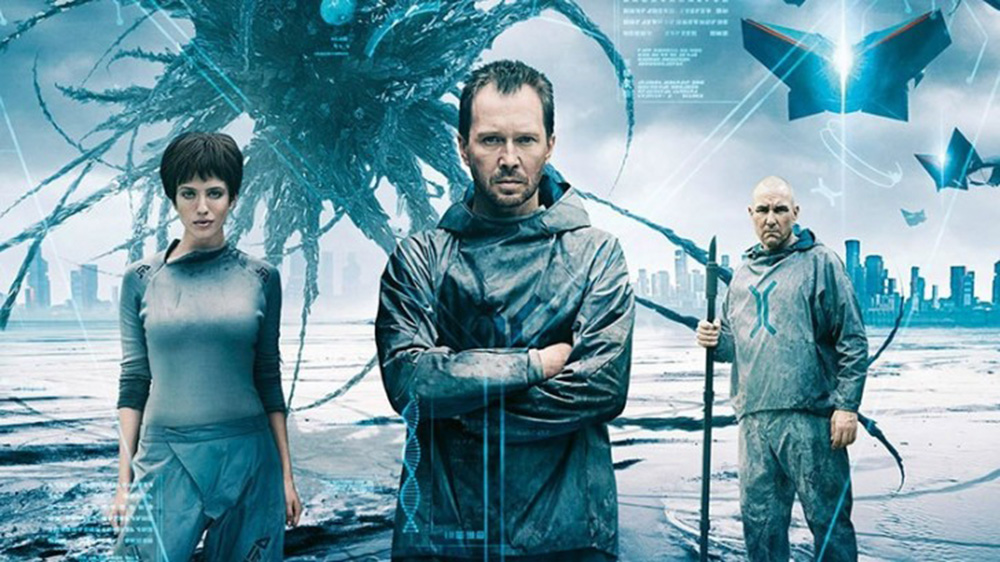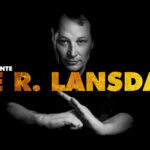All the films in competition for the Oscar of fantastic cinema and new contenders for the Méliès d’Argent 2015.
Trieste Science+Fiction takes the baton from the Sitges Film Festival and hosts the 2015 prize-giving of the prestigious Méliès d’Or; given for the best feature and short, it’s the Oscar for European fantastic cinema.
Between the 3rd and the 8th November, Trieste will become the European Capital of Fantastic Cinema, hosting the annual convention of the European Fantastic Film Festivals Federation and the 19th Méliès d’Or Ceremony on the 6th November at the Sala Tripcovich.
The Méliès d’Or is the only prize organised through festival collaboration throughout Europe. Every festival affiliated to the Federation gives the Méliès d’Argent to a European film in their own competition, and the winners become candidates in the Méliès d’Or. The best of the best of fantastic cinema.
Films that will compete in Trieste for the Méliès d’Or 2015 are: Index Zero by Lorenzo Sportello, chosen in Trieste; Liza, the Fox Fairy by Károly Ujj Mészáros (chosen in Amsterdam); L’altra Frontera by André Cruz Shiraiwa (chosen in Brussels); Goodnight Mommy by Veronika Franz e Severin Fiala (chosen in Sitges); Men & Chicken by Anders Thomas Jensen (chosen in Neuchâtel); Nina Forever by Ben and Chris Blaine (chosen in Malmö); and The Hallow by Corin Hardy (chosen in Strasbourg).
To celebrate fifteen years of the prestigious award, Trieste Science+Fiction will hold a concert by Claudio Simonetti’s Goblin, who will celebrate 40 years since the release of Dario Argento’s Deep Red by playing the soundtrack that made them famous live. The international science fiction festival of Trieste will close the prize-giving of the Méliès d’Or with one of the symbols of Italian fantastic cinema.
Trieste Science+Fiction announces new film in competition for the Méliès d’Argent 2015: the terrifying Idyll, the first horror film produced in Slovenia and recent winner of the Slovenian Film Festival in Portoroz, in which a fashion shoot is quickly turns into a ferocious struggle for survival in the idyllic surroundings of the Balkan republic; Summer Camp, screenwriter Alberto Marini’s first attempt at directing and produced by Jaume Balagueró, where a sudden and catastrophic outbreak of rabies hits the eponymous summer camp; and Russian science fiction in the form of Calculator, by Dmitri Grachev, who participates for the first time at a festival: ten prisoners sentenced to exile on the hostile planet XT-59 must find a way to the Isle of Happiness.
Also competing at Trieste Science+Fiction are Howl, a werewolf film from the multi-award winning British make up artist Paul Hyett, best known for his work on The Descent, Doomsday and Unknown; Der Polder, a Swiss-German production from Julian M. Grünthal and Samuel Schwarz which explores the borders between video games and reality; and Stung (distributed by Movies Inspired), the directorial début of Benni Diez – who previously did the special effects on Melancholia, by Lars von Trier – in which a garden party is turns bad when the wasps start becoming gigantic predators.
Outside of competition will be shown The Brand New Testament by Jaco van Dermal, winner of the Méliès d’Argent at Sitges and with star Pili Groyne receiving recognition for best actress. In 2014, the 11-year-old actor was in The Dardenne brothers’ Two Days, One Night, and in Alleluia by Fabrice du Welz. In The Brand New Testament, Jaco von Dermal gives her her first starring role as Ea, God’s daughter.
The seven festivals on the Méliès circuit are: the Sitges Film Festival (Spain), Lund International Fantastic Film Festival (Sweden), Brussels International Fantastic Film Festival (Belgium), Amsterdam Imagine Film Festival (the Netherlands), Neuchâtel International Fantastic Film Festival (Switzerland), Strasbourg European Fantastic Film Festival (France) and Trieste Science+Fiction.
The European Fantastic Film Festivals Federation is a network of 22 festivals in 16 countries, with a global audience of 450,000. Fundamental from both an economic and a cultural standpoint to the vitality of the European genre cinema scene, the Federation is capable of generating attention and visibility around works and their creators, raising their profiles and allowing their quality and creativity to be recognised.
The Méliès d’Or for short films, introduced in 2002, is open to all 22 festivals that are part of the Federation, not just those affiliates who award the Méliès d’Argent for feature-length productions.
The winners are shown at every festival in the Federation, and also at partner events in North and South America and Asia, helping them to get worldwide recognition and distribution.
TS+F takes the baton from Sitges






